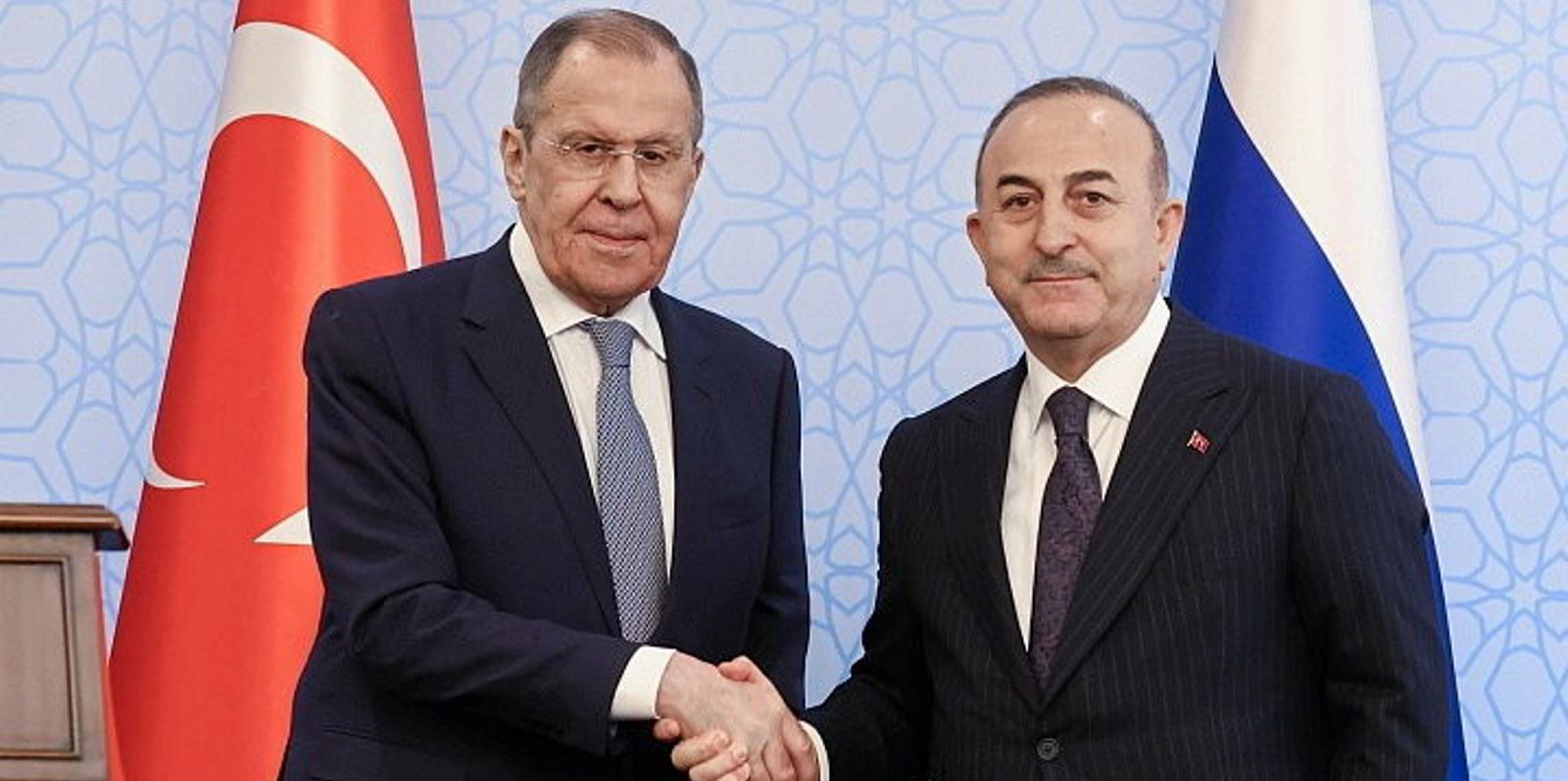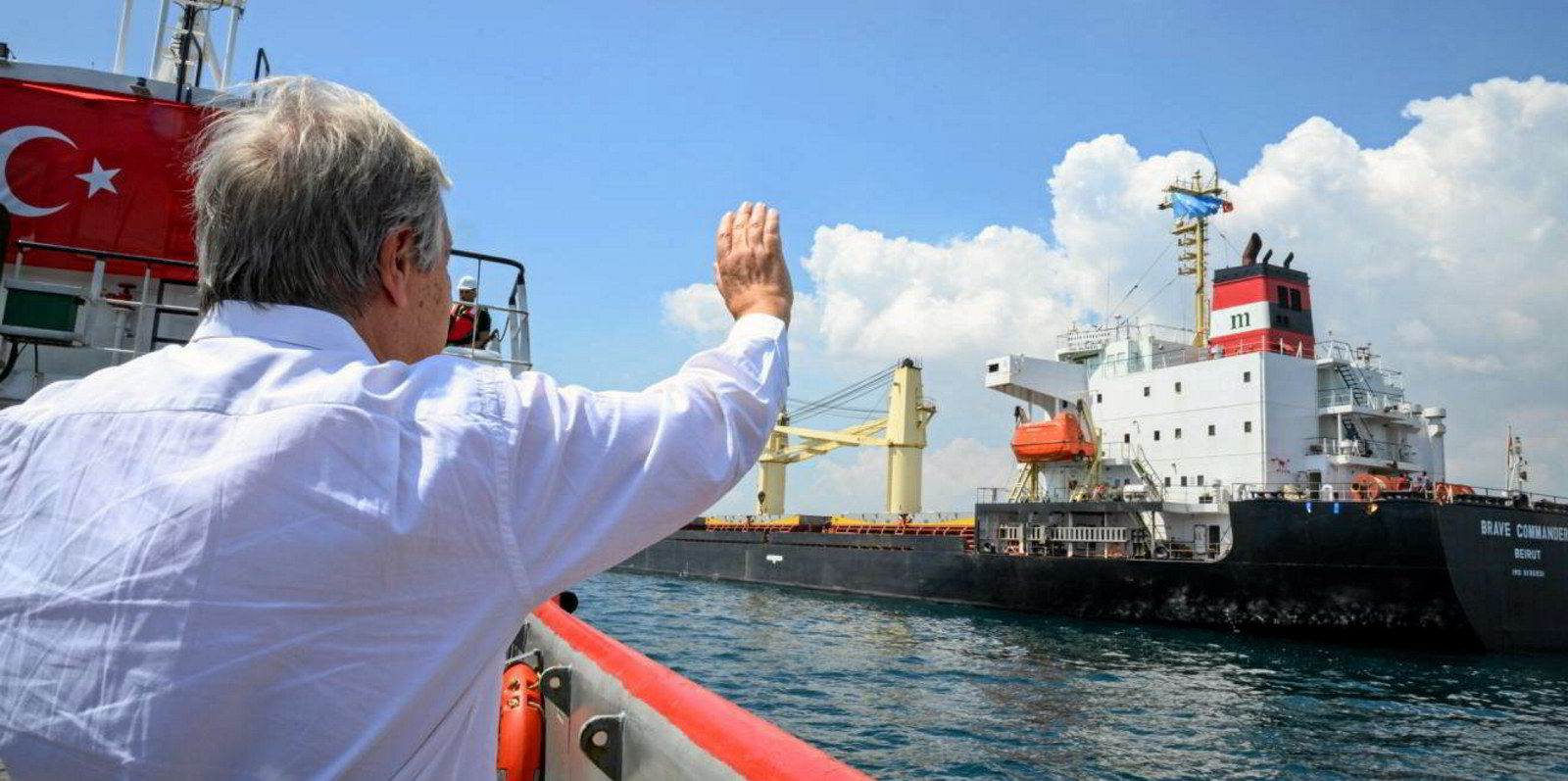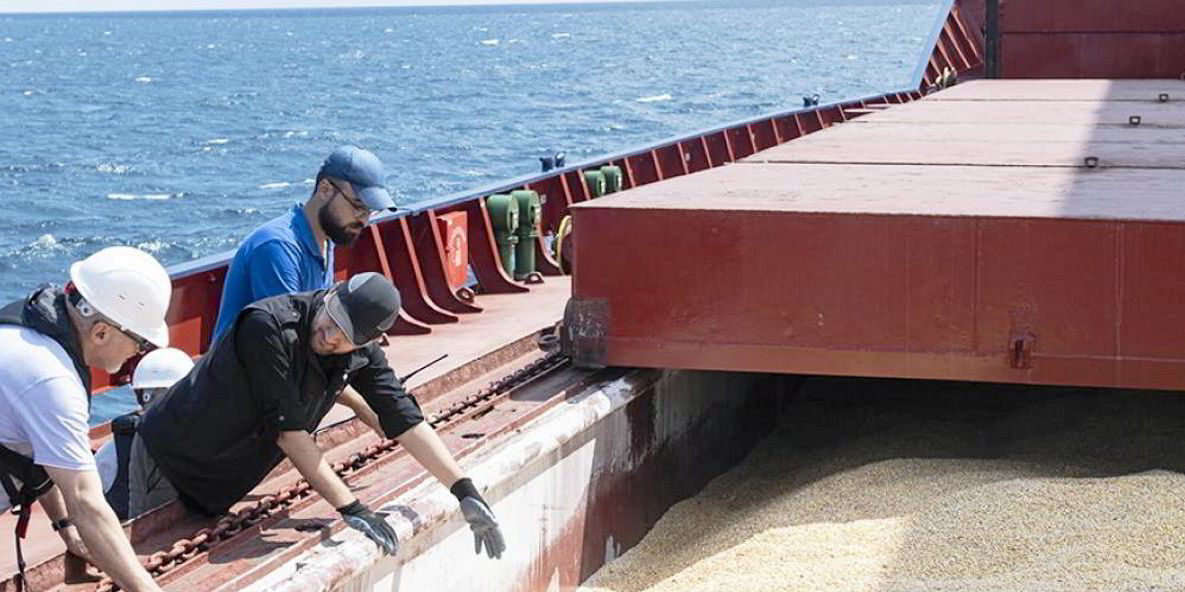Barely a fortnight after grudgingly allowing seaborne Ukrainian grain exports to go on for another 60 days, Russia said it may withdraw from the UN-led safe corridor altogether when it’s up for renewal again next month.
“Let them continue to ship [food] products from Ukraine by land, by rail, by rivers — the West has already created the appropriate functioning logistics,” Russian foreign minister Sergei Lavrov told reporters in Ankara.
Ever since the Black Sea Grain Initiative (BSGI) began in August last year, Russia has made its participation in it conditional on the understanding that the West would remove barriers on the export of Russian grains and fertilisers.
These items are nominally exempt from the sanctions that the West has imposed on Russia to punish it for its invasion of Ukraine.
Russia, however, has claimed that its exports continue to be impeded by indirect barriers, which it called to be lifted. To add urgency to its demands, Moscow on 18 March renewed the BSGI for just two months instead of the customary four.
Over the past two weeks, no progress has been made to facilitate Russian grain and fertiliser exports, Lavrov said on Friday in Turkey, which is a co-sponsor of the BSGI.
“It's all in vain. Obstacles in the way of financing, logistical clearance, transportation, and insurance of the export of Russian products remain and even become tougher,” Lavrov said.
“Russia will work, if necessary, outside the framework of the Black Sea Initiative,” Lavrov said, adding that his country is already doing so bilaterally with Turkey and Qatar.
Lifeline under threat
Nearly 900 outbound ship voyages have been carried out under the BSGI so far, helping export 27 million tons of Ukrainian grains and other foodstuffs.
A stop to that trade would be negative for shipowners, whose vessels are earning about twice the normal market freight rates to carry grain under the initiative.
Greek, Turkish and Lebanese owners have been particularly eager users of the corridor.
The foodstuffs Ukraine exports by sea under the BSGI far exceed what the country manages to ship abroad by road, rail or river barge.
In order to facilitate these exchanges, the European Union has waived customs duties and import quotas on Ukrainian grain.
These waivers, however, have caused farmer protests in EU members Poland, Bulgaria and Romania, which see their own produce crowded out from a glut of cheaper Ukrainian grain.
Despite its remonstrations, Russia has been able to export big quantities of grain, particularly to neutral or friendly countries such as Turkey and Syria.
Unlike Ukraine’s seaborne grain exports, Russia's aren’t subject to cumbersome and time-consuming inspections under the BSGI in Istanbul, Turkey.
Furthermore, some of Russia’s grain exports are controversial. Ukraine claims they come from Russian-occupied territories and thus constitute illegal, looted merchandise.
Concerns about the legality of doing business in Russia have led big commodity traders to announce that they will withdraw from the country and sell their assets there from July.
Russian grain trade, however, is expected to continue through local intermediaries.
Exports of Russian grain and fertilisers are crucial to maintain food security across the world. Senior UN officials have warned that a shortage of Russian fertiliser could send global food prices through the roof later this year.





